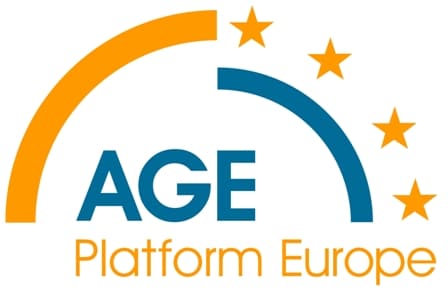On 3rd March the European Commission published its new EU Strategy for the Rights of Persons with Disabilities 2021-2030. The Strategy aims to support the inclusion and full participation of people with disability in Europe, in line with EU commitments for equality and non-discrimination.
The initiatives proposed in the ten-year strategy cover three main themes:
- Equal rights to move to another country or to participate in political life. By the end of 2023 the European Commission will propose a European Disability Card that will facilitate the free movement of people with disability across all EU countries. The Commission will also support the participation of persons with disabilities in the electoral process in 2023.
- Independent living and autonomy: the European Commission will develop guidance for EU member states and a quality framework for to improve social services for persons with disabilities.
- Non-discrimination and equal opportunities: initiatives will aim to ensure equal access to justice, education, culture, sport, tourism, as well as to all health services and employment.
In the field of accessibility, a European resource centre ‘AccessibleEU’ will be created in 2022 to build a knowledge base of information and good practices on (physical and virtual) accessibility across sectors.
To support the commitment and effort of all EU countries to implement the UN Convention on the Rights of Persons with Disabilities, a Disability Platform, will bring together national authorities, organisations of persons with disabilities and the European Commission. Persons with disabilities will be part of the dialogue and involved in implementing the Strategy for the Rights of Persons with Disabilities 2021-2030.
Last but not least, the European Commission also commits to integrating disability matters into all EU policies and major initiatives and to promoting the rights of persons with disabilities at global level.

We will closely monitor the implementation of this strategy, including in relation to the development around the Green Paper on Ageing. But also to ensure a comprehensive approach of the challenges faced by older persons with disabilities beyond care for examples in terms of participation, employment and access to life-long learning. We will also work in close cooperation with the EU, as well as with key UN actors in this areas, and all relevant stakeholders, to advance the rights of older persons with disabilities in all domains.
Read more in:
- AGE Contribution to the consultation on the Disability rights strategy
- Other relevant links on the work done by AGE on older persons with disabilities:
- the European Commission’s press release
- the European Disability Forum (EDF)’s statement







